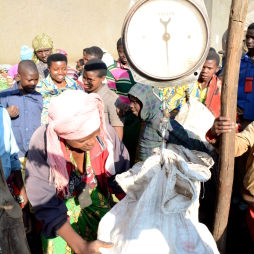
FoodLens
Sharpening the focus of research on sustainable food systems
The purpose of this initiative is to help guide food systems toward an equitable and sustainable future, against a background of rapid …
Read more →Advances highlighted in CIAT Annual Report 2014-2015 represent key milestones along the path to eco-efficient agriculture. We invite all of our partners and donors to join us in making the arduous journey to this vital destination, which none of us can reach on our own.
Under its strategy for 2014–2020, CIAT has embarked on forward-looking strategic initiatives, whose aim is to open new avenues for enhancing the development impact of our research. The new initiatives are rapidly gaining buy-in through expanded partnerships, and major projects are underway in pursuit of their central aims.

Sharpening the focus of research on sustainable food systems
The purpose of this initiative is to help guide food systems toward an equitable and sustainable future, against a background of rapid …
Read more →
Renewing rural landscapes for improved food security and livelihoods
Tropical agriculture is a major source and user of vital ecosystem services but also exerts more negative pressure on them …
Read more →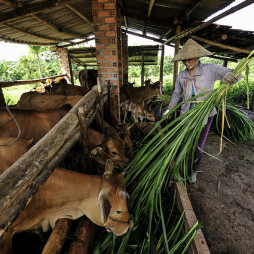
Fast-tracking tropical forages for twin-win agricultural systems
The central aim of this initiative is to create the necessary conditions for widespread establishment of agricultural systems that incorporate sown forages. …
Read more →The United Nations’ expected launch of new Sustainable Development Goals (SDGs) by the end of 2015 will decisively settle the issue of what agricultural research must achieve in the years to come. Our challenge then will be to tackle the question of how we can reach these goals more quickly. As this collection of stories illustrates, CIAT scientists are betting on two kinds of vehicles to quicken the pace – first, seed- or crop-based solutions that enhance the value and resilience of farm production, and, second, system solutions (in the form of data and information) that shape key decisions about agriculture and natural resources.
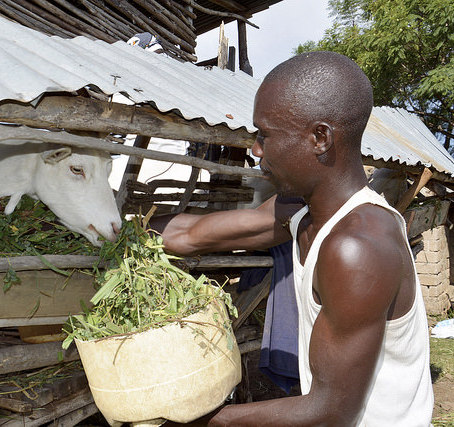
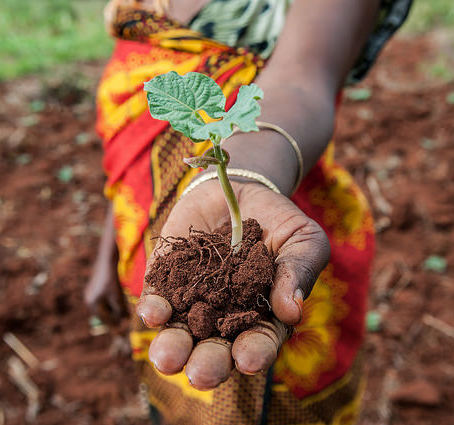
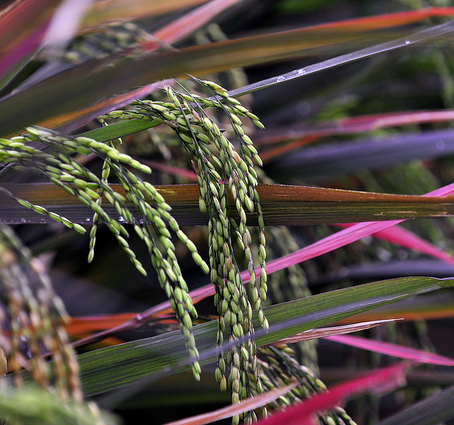
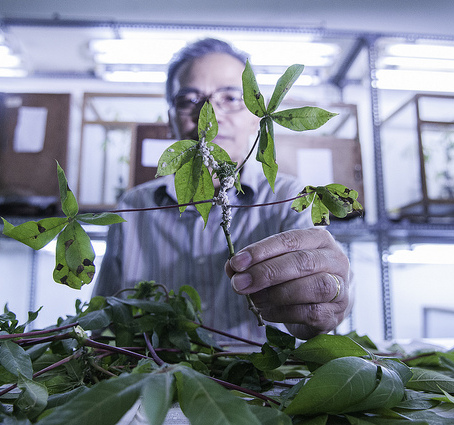
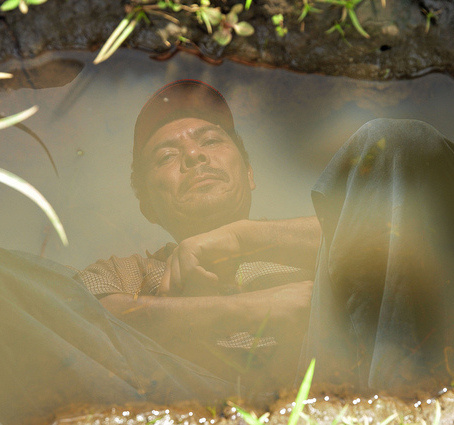
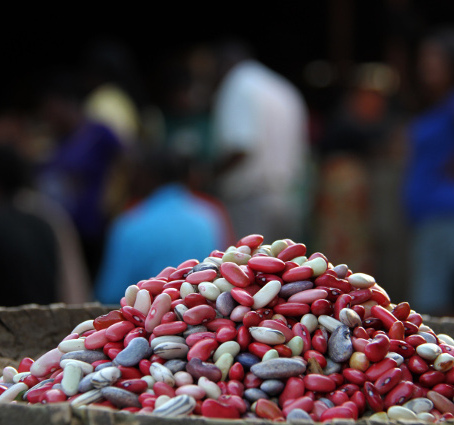
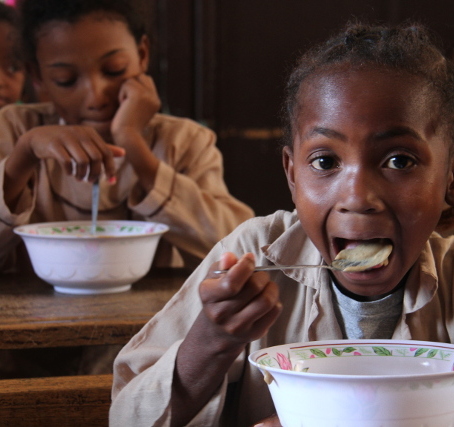
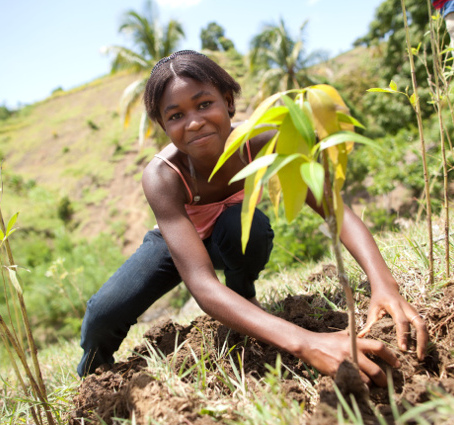
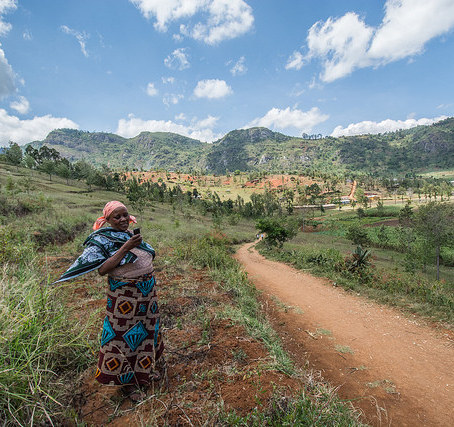
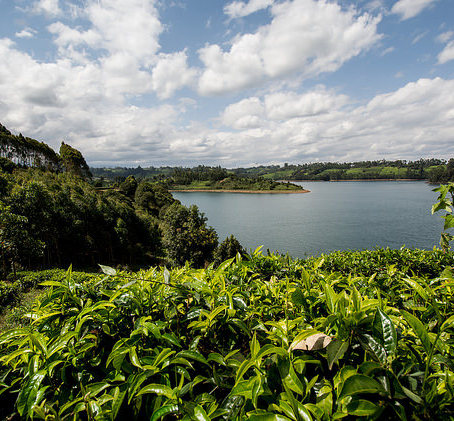
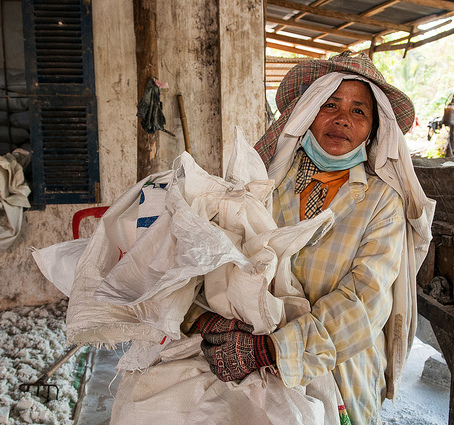
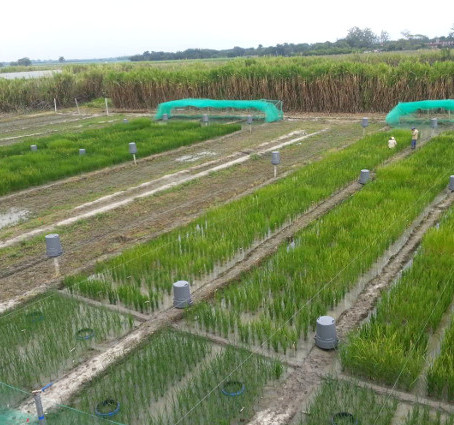
CIAT’s research programs received valuable financial and administrative support this year in their efforts to deliver the Center’s strategy for 2014-2020, while providing leadership of the CGIAR Research Program on Climate Change, Agriculture and Food Security (CCAFS), and contributing to 11 other CGIAR research programs (CRPs) as well.
In 2014, CIAT’s net assets increased to US$22.3 million, and daily operating expenses rose to $0.23 million. By the end of that year, the Center’s staff had grown to a total of 952.
CIAT increased its revenues this year by 17% to US$133 million. Almost $10 million of this resulted from fully accounting for the activities of partners in HarvestPlus.
Changes in the Consortium Financing Plan for 2015 and 2016 have created considerable budget uncertainty. Efforts are underway to compensate budget reduction and lower operating costs.
CIAT’s research is made possible by the multi-donor CGIAR Fund as well as by grants from many organizations, some of which are also Fund donors.